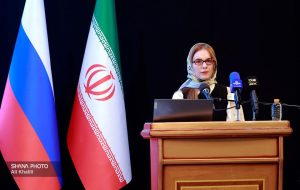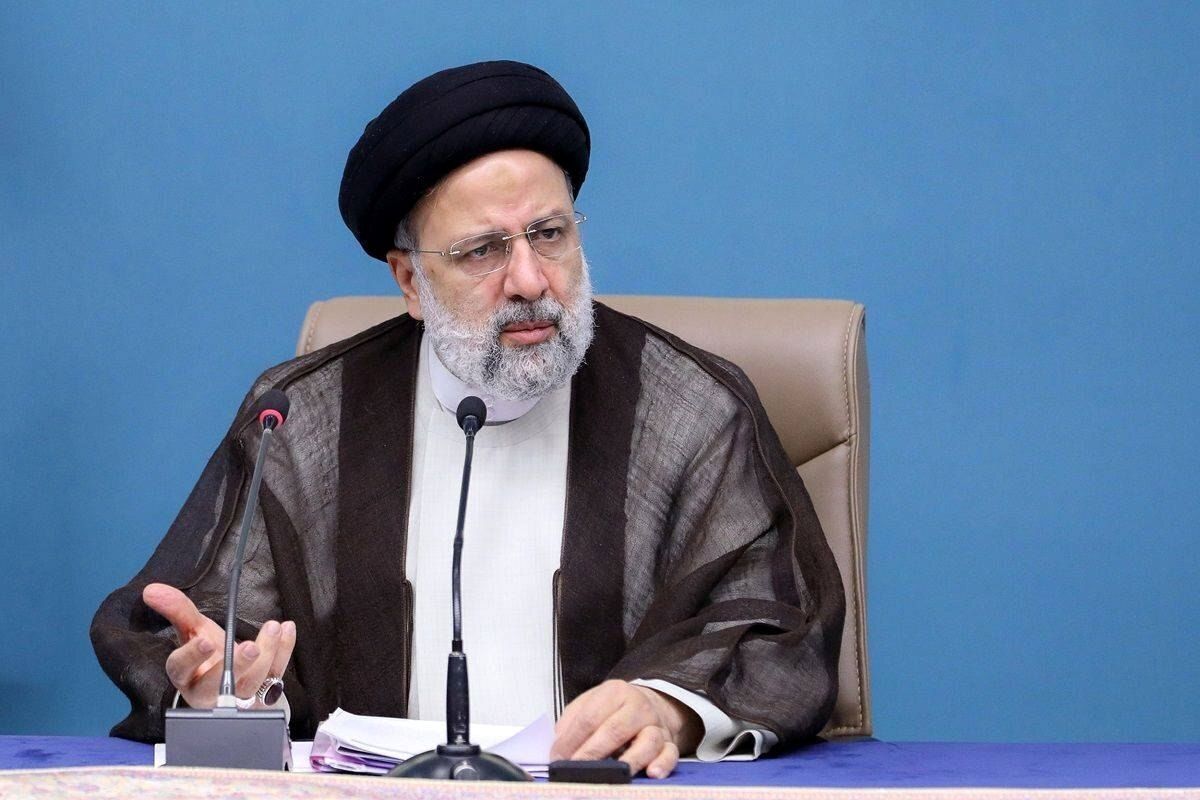
More than 2,000 items of goods exchanged between Iran and Russia; trade volume reached $4.7 billion
The Russian secretary of the Iran-Russia Joint Economic Commission announced the possibility of exchanging more than 2,000 items of goods and services between the two countries, saying: "According to the latest statistics, the volume of trade between the two countries has reached 4.7 billion dollars."

100,000 barrels increase in oil production in the oil-rich areas of the south; a big step towards the Seventh Plan
Within this framework, the southern oil-rich regions, by simultaneously focusing on maintaining production, developing fields, improving operational readiness, and increasing the resilience of facilities, were able to increase the average daily crude oil production by about 100,000 barrels in the operational scope of the Karun, Marun, Aghajari, Masjed Soliman, and Gachsaran oil and gas exploitation companies, while compensating for the natural decline in reservoirs; an increase that was the result of a series of field, technical, and managerial measures and highlights the decisive role of this company in the sustainable supply of energy to the country.

The 19th Joint Commission on Economic Cooperation between Iran and Russia is an important opportunity to deepen strategic relations between Tehran and Moscow
The Minister of Oil considered the 19th meeting of the Iran-Russia Joint Commission an important opportunity to deepen strategic relations between Tehran and Moscow and emphasized: Strengthening economic cooperation between Iran and Russia can play an effective role in enhancing the economic capabilities of the two countries and forming an order based on common interests.
آخرین اخبار

Launching the South Azadegan Processing Unit is an effective measure to neutralize sanctions

Morteza Behrouzifar: It is unlikely that we will see a jump in oil prices in 2026

Oil Minister: Return of foreign currency from oil sales will be carried out under the supervision of the Central Bank

The Oil Industry Pension Fund is operated without relying on government funding

Unprecedented record of sweet gas production at South Pars Refinery 3

Gas consumption in the domestic sector reached 659 million cubic meters

Abbaszadeh: HSE’s preventive measures played a key role in crisis management

Ministry of Petroleum Research Week: Focus on digital transformation and new technologies

Oil Minister: Transferring gasoline quota to bank cards will be implemented in the coming months





